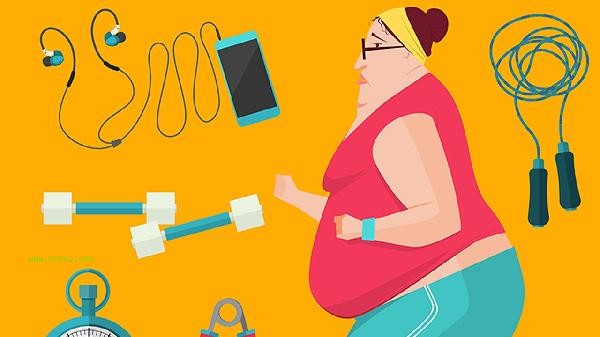Improving the metabolic effect of weight loss can be achieved by adjusting the diet structure. Five types of foods are recommended, including high protein foods, dietary fiber, spicy foods, iodine containing seafood, and green tea.
1. High protein foods:

High quality protein such as chicken breast, fish, and eggs can significantly improve the heat effect of food and consume more energy during digestion. Protein can also promote muscle synthesis, leading to an increase in basal metabolic rate. It is recommended to consume 20-30 grams of protein per meal, preferably boiled or steamed. 2. Dietary fiber: Oats, brown rice, broccoli and other foods rich in dietary fiber can prolong satiety and reduce calorie intake. Insoluble fiber promotes intestinal peristalsis, and soluble fiber forms gel to delay sugar absorption. Daily intake of 25-30 grams of dietary fiber can improve the balance of gut microbiota. 3. Spicy food: Capsaicin in chili peppers can activate brown adipose tissue to produce heat, increasing metabolic rate by 5% -10% in the short term. Ginger, garlic and other spices also have similar effects. It is recommended to add an appropriate amount to the dish. Patients with stomach problems should consume it with caution. 4. Iodine containing seafood: Seaweed foods such as kelp and seaweed are rich in iodine, which is an essential raw material for thyroid hormone synthesis. Thyroid hormones directly regulate basal metabolic rate, and consuming seafood 2-3 times a week can maintain normal thyroid function.
5. Green tea:
The catechins in green tea can promote fat oxidation and decomposition, and the synergistic effect of caffeine and tea polyphenols can increase resting energy expenditure by 4% -5%. Drink 3-4 cups of sugar free green tea daily and avoid drinking on an empty stomach to prevent irritation of the gastric mucosa.
In addition to the above-mentioned foods, maintaining regular meals and sufficient sleep are crucial for maintaining normal metabolism. It is recommended to consume 30% of the day's calories for breakfast and less than 20% for dinner. Drink at least 2000 milliliters of water daily to avoid extreme dieting that can lead to a decrease in metabolic rate. Combining 150 minutes of moderate intensity exercise per week, such as brisk walking, swimming, and other aerobic exercises, can further activate metabolic activity. Long term weight management requires the establishment of sustainable dietary patterns, and a single food cannot replace overall dietary balance.






Comments (0)
Leave a Comment
No comments yet
Be the first to share your thoughts!